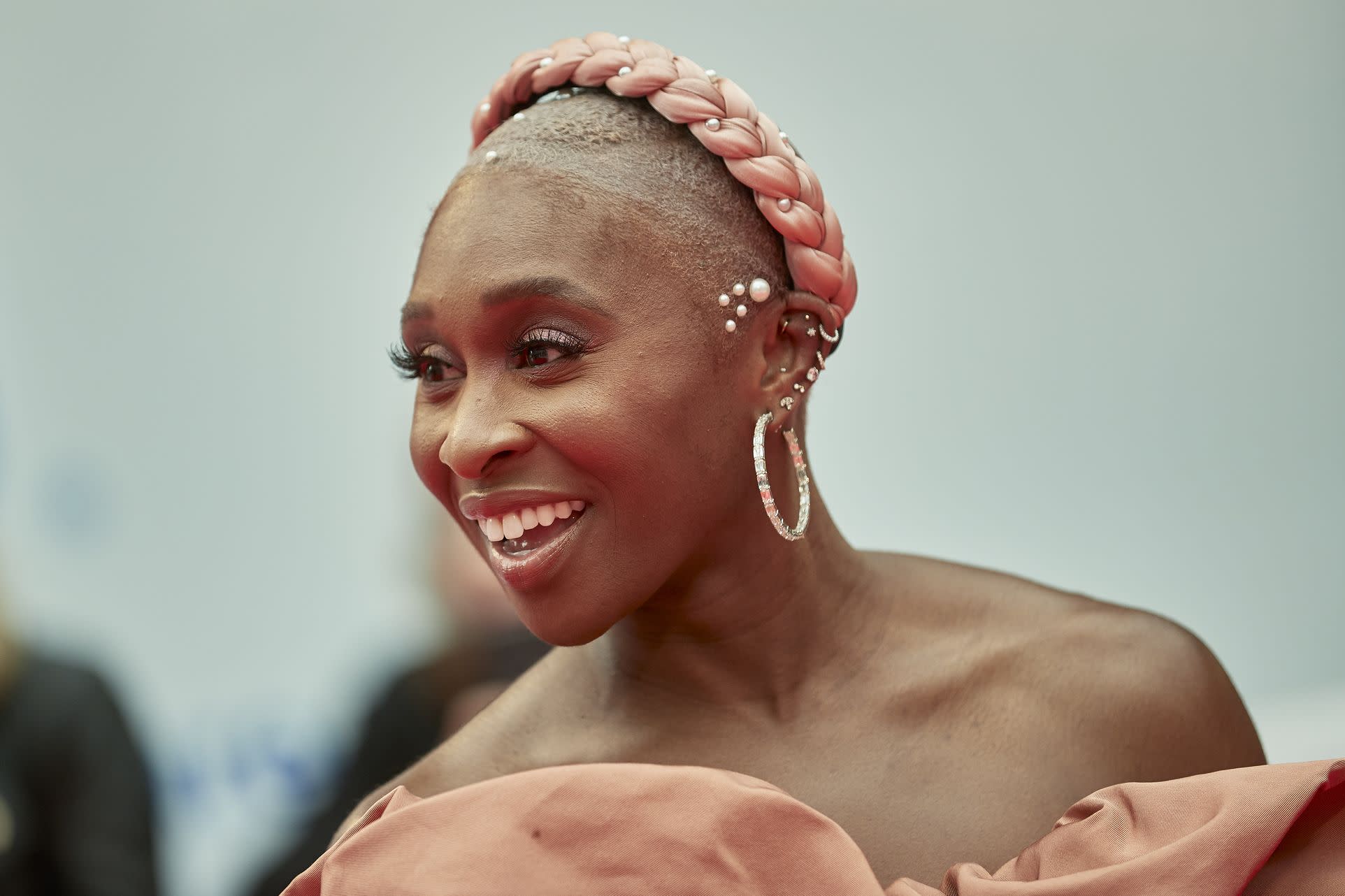 Voice Type:
Voice Type: Spinto Soprano
Vocal Range: 3 octaves, six notes, 1 semitone F#2-F6
Whistle Register: Unknown
Tessitura: G#4-G#5
Vocal Pluses: A dark, medium weight soprano voice, capable of producing large columns of sound in the middle and upper reaches with great ease throughout the entirety of the range.
The lower register is dark in color and extensive, capable of extending down to
F#2 (6:50) live. However, the lower register is best in the third octave, able to begin supporting as early as D#3.
The middle register is warm with a relatively dark color. It is very agile and large belts can start as early as G#4. As the voice enters the fifth octave, it immediately begins to bloom. The natural dark color shines through and the natural metal of the voice begins to show. The upper middle register continues to expand, having darkness, weight and power, taking a headier approach starting as soon as E5. She has incredible stamina able to hit
E5s(1:42) back to back without fatigue. Despite the increase volume, the voice can exhibit
heroic levels of agility (3:36).
The upper register continues to be expansive, the upper belts are supported with piercing characteristics to
G#5 (4:20). She has extended her mix upwards to
Bb5 with a more head dominated approach. The voice strongest area is it's head register, being full, warm and embodied up to an impressive and supported
F6 (2:35).
Vocal Negatives: The low notes, though extensive are often achieved with an extremely depressed larynx. Her upper middle register can have
passagio issues around E5-F5 (2:44). She can over-sing and become off-key at times, though rare.





















